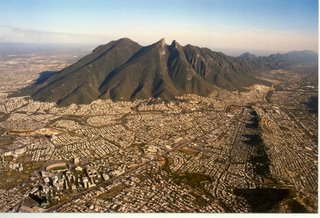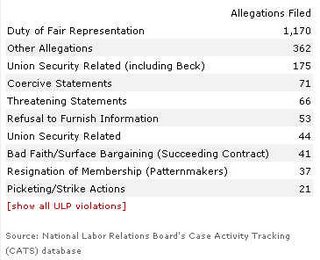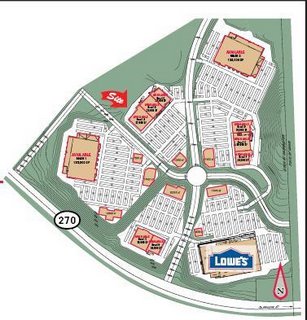Pullman ponders bond for infrastructure; Street repairs, new sidewalks would be part of the packageOkay, great, so they’re not raising property taxes. But wouldn’t it be even better if they CUT property taxes now that we’ve paid for the gym? It’s not going to happen though.
Putting a $2.1 million bond issue on the November ballot was one possible solution the City Council discussed during goal-setting talks Tuesday night. The bond issue would replace the expiring $1.98 million Sunnyside gym bond approved by voters in 1998 and will not raise property taxes, Sherman said.
The bond was one of 30 goals considered by the council as part of its policy making for 2006. Setting goals also is the first step toward writing a 2007 budget.
Money for projects is short because the city anticipates the costs of employee health insurance and pension contributions to increase significantly over the next several years.
I quote from the “Economic & Fiscal Impacts of A Wal-Mart Supercenter in Pullman, Washington” conducted by Johnson Gardner:
These factors combined have an undesirable impact on municipal finances where the City is forced to support the infrastructure and services needs of the growing residential base but does not realize the benefits of retail sales tax revenues, including overdependence upon property tax revenues which have in recent years been significantly constrained by Statewide referendum.How much more evidence do the people of Pullman need? Isn’t the consistent shortage of funding, yet ANOTHER property tax bond, and a .2% increase in the sales tax in the last six months enough proof that we have a severe economic imbalance in Pullman and Whitman County?
No, the PARDners want to “study it” some more. And let’s not forget about studying the Hawkins project in the corridor while we’re at it. It seems Cynthia Hosick and Company are more concerned about Moscow and Latah County’s economy than ours.
The article also listed some potential projects and their price tags:
Notice how any one of these could mostly or completely be paid for with the nearly $400,000 that PARD’s appeals have cost Pullman so far.12% increase in health insurance premiums in 2007: $155,000 12% increase in health insurance premiums in 2008: $174,000 Major repair project of West Main Street from State Street to Wawawai Road: $480,000 Other street projects ranging from $66,000 to $322,000 each Sunnyside Park band shell: $350,000 Renovation of Reaney Pool, including spray pool: $250,000
The true costs of this futile political opposition continue to add up.
Technorati Tags: wal-mart walmart
















